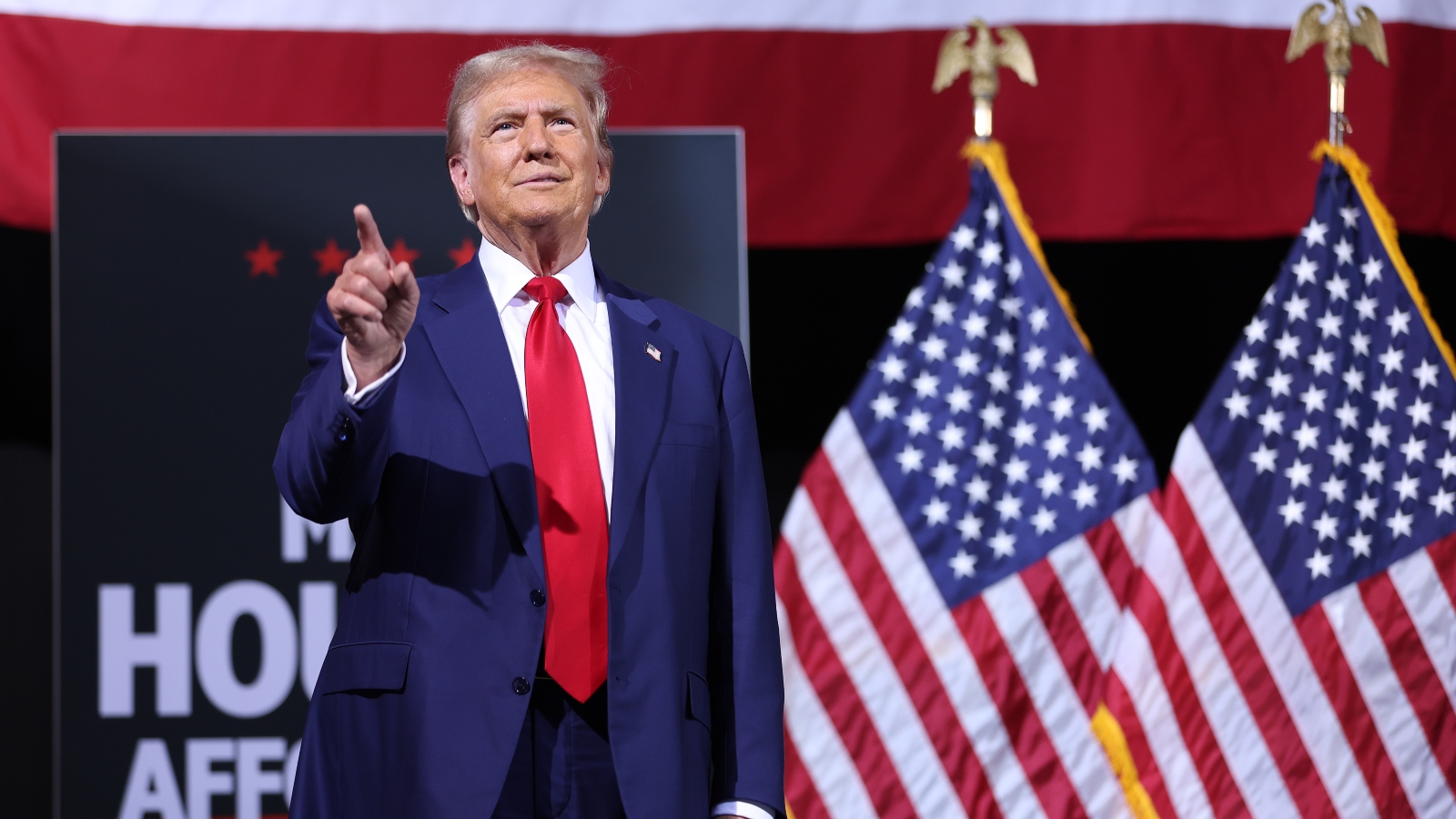
The Pennsylvania Supreme Court on Friday reversed a lower court ruling and found that mail-in ballots with incorrect dates or without any dates on the exterior of the envelope cannot be counted, a huge win for election integrity advocates.
In a 4-3 decision, the state’s high court ruled on procedural grounds, stating that the lower court, which deemed the mandate unenforceable, should not have heard the case because it did not involve election boards from all 67 counties, The Associated Press reported. In Pennsylvania, counties handle the administration of elections, but the left-leaning groups that filed the case had only sued two counties—Philadelphia and Allegheny.
Two weeks ago, the Commonwealth Court had halted the enforcement of handwritten dates on exterior envelopes. The Supreme Court’s reversal of this decision now raises the possibility that thousands of ballots arriving on time could be discarded in a crucial swing state, potentially impacting the outcome of a closely contested presidential race. Many more Democrats vote by mail in the battleground state than do Republicans.
But Republican groups who appealed the decision applauded it as a big win for honesty in elections and a huge break for former President Donald Trump, who narrowly lost Pennsylvania to Joe Biden in 2020.
Republican National Committee Chairman Michael Whatley, in a release, called it a major victory for election integrity “that will protect commonsense mail ballot safeguards and help voters cast their ballots with confidence.”
Attorneys representing the ten left-wing ‘community’ organizations that filed the lawsuit stated that the decision left the door open for further litigation on the issue.
“Thousands of voters are at risk of having their ballots rejected in November for making a meaningless mistake,” said Mimi McKenzie, legal director of the Public Interest Law Center in Philadelphia. She urged voters to “carefully read and follow the instructions for submitting a mail-in ballot to reduce the number of ballots being rejected for trivial paperwork errors.”
Two Democratic appointees joined both Republican appointees on the Supreme Court in the ruling.
The lawsuit, filed in May, challenged the enforceability of the mandate based on a state constitutional provision ensuring that all elections are “free and equal,” the AP reported.
Recent elections in Pennsylvania suggest that more than 10,000 ballots in this year’s general election could be discarded due to incorrect or missing envelope dates—potentially influencing the outcome of the presidential race. With Pennsylvania’s 19 electoral votes making it the largest prize among the seven swing states, this issue carries significant weight, the outlet added.
Historically, Pennsylvania has rejected ballots for missing dates or for dates that are clearly incorrect, such as those in the future or before mail-in ballots were printed. While state law mandates dates on envelopes, election officials do not use them to determine the timeliness of ballots. Instead, mail-in ballots are logged and time-stamped upon receipt and must arrive at county election offices before the polls close on Election Day said the AP.
Last month, in a broad new executive order that former President Donald Trump praised, GOP Virginia Governor Glenn Youngkin mandated that all ballots for the 2024 presidential election must be on paper.
On Wednesday, Youngkin took a crucial step by issuing Executive Order 35, which solidifies the election security protocols implemented under his administration for all forthcoming elections, local Fox5 reported.
Virginia is a purplish state that has gone for Democratic presidential candidates in recent cycles, but voters elected Youngkin, a Republican, in 2022 along with fellow Republicans Lt. Gov. Winsome Earle-Sears and state Attorney General Jason Miyares.
“The Virginia model for Election Security works. This isn’t a Democrat or Republican issue, it’s an American and Virginian issue,” Youngkin said in an announcement. “Every legal vote deserves to be counted without being watered down by illegal votes or inaccurate machines. In Virginia, we don’t play games and our model for election security is working.”





